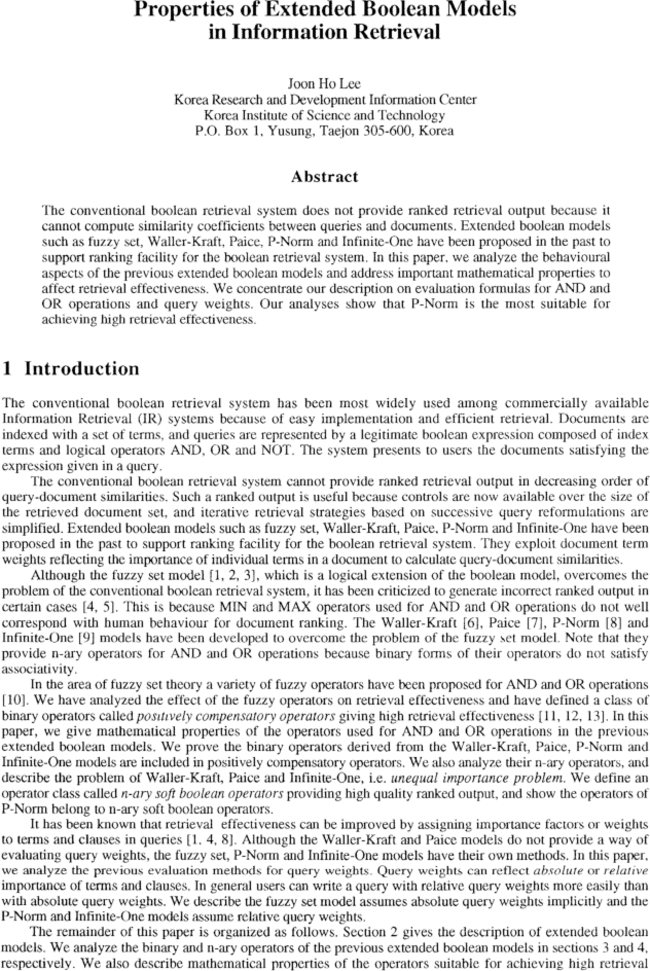Cited By
View all- Sarkissian STekli JChbeir RManolopoulos YBellatreche LBenslimane DIvanovic MMaamar Z(2021)Unsupervised Topical Organization of Documents using Corpus-based Text AnalysisProceedings of the 13th International Conference on Management of Digital EcoSystems10.1145/3444757.3485078(87-94)Online publication date: 1-Nov-2021
- Zerarga LDjouadi Y(2018)A many-sorted theory proposal for information retrievalKnowledge and Information Systems10.1007/s10115-017-1074-955:1(113-139)Online publication date: 1-Apr-2018
- Addis AArmano GVargiu E(2012)Multiagent systems and information retrieval our experience with X.MASExpert Systems with Applications: An International Journal10.1016/j.eswa.2011.08.10339:3(2509-2523)Online publication date: 1-Feb-2012
- Show More Cited By




